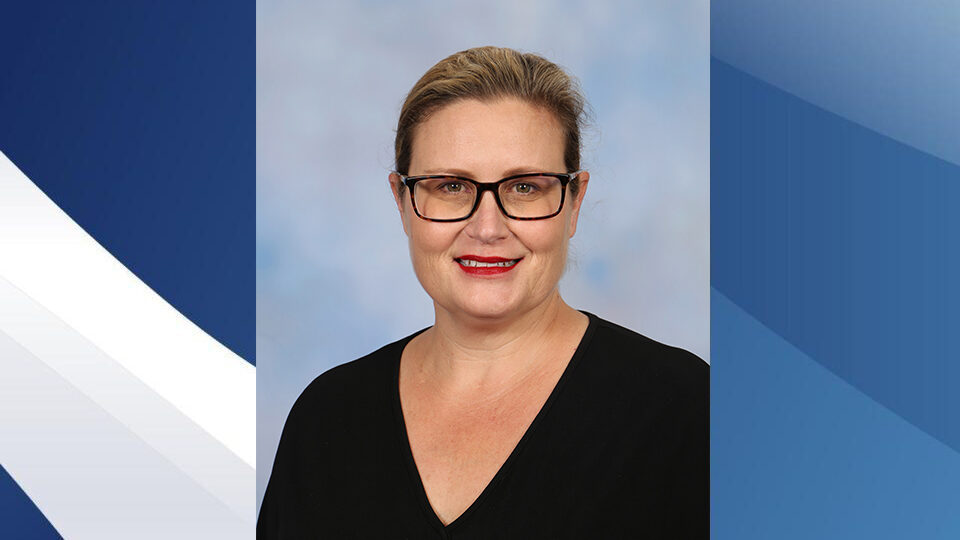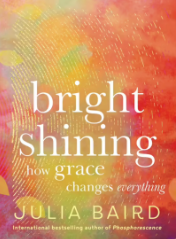
From the Leader of Wellbeing
Parents play a crucial role in modelling a positive and healthy approach to using screens and assisting children to navigate the content they watch. It is better to model and mentor screen use, rather than monitor it. Children tend to do more of what they see us do, and less of what we tell them to do. However, it is still important to outline the risks and highlight the benefits of screen use to ensure you keep a balanced attitude. Encourage discussions around the issues that people experience in monitoring their screen time and be honest about your own difficulties.
children to navigate the content they watch. It is better to model and mentor screen use, rather than monitor it. Children tend to do more of what they see us do, and less of what we tell them to do. However, it is still important to outline the risks and highlight the benefits of screen use to ensure you keep a balanced attitude. Encourage discussions around the issues that people experience in monitoring their screen time and be honest about your own difficulties.
Parents need to remain firm in their approach to managing screen time. Excessive screen time can be detrimental to a child’s overall wellbeing. Ensuring the correct privacy settings are in place is vital to prevent children from being inadvertently exposed to inappropriate content or online predators. Parents need to also be mindful of the potential impact screen time can have on a child’s social, emotional, educational, behavioural, and even physical domains.
In this edition of SchoolTV, care-givers will be provided with a range of guidelines and strategies to help manage screen time at home.
We hope you take time to reflect on the information offered in this edition of SchoolTV and we always welcome your feedback. If you have any concerns about your daughter, please contact her Tutor Teacher or House Coordinator for further information or seek medical or professional help.
Here is the link to this report on Managing Screen Time edition of SchoolTV: LINK
Key Points from SchoolTV Video
Parents | eSafety Commissioner
As a Leader of Wellbeing, what books will I be reading during the break to develop my skills in working with families of young women, engaging young women in their learning and connecting them with others in 2024?
 |
Not released until January 11 so I have pre-ordered it. Brad Marshall is the ‘Unplugged Psychologist’, who specialises in technology and the impact that it has on the developing brain. His view on technology is very much ‘real world’, stressing it is about developing healthy boundaries and using technology in positive ways. |
 |
Dr Julie Smith draws on years of experience as a clinical psychologist and a creative online content maker, shares the skills you need to get through life’s ups and downs. Easily accessible for all through its bite-size entries, it provides an outline of skills that therapists have in their toolkit such as powerful coping techniques that build resilience. Topics covered include: – Managing anxiety – Dealing with criticism – Battling low mood – Building self-confidence – Finding motivation Why Has Nobody Told Me This Before? by Dr Julie Smith | 9780241529720 | Booktopia |
 |
Dr Kristy Goodwin encourages readers to take charge and dominate their digital distractions and stop screens from adding to stress levels. This book is based on developing brain-based strategies to tame toxic tech-habits and thrive in the digital world, without cancelling your streaming subscriptions or stop using your phone altogether. The book presents a calm and achievable approach. |
 |
Not a book, rather a website I want to go deeper into as it is Australian based and has very current information about supporting neurodiverse adolescents. I have enjoyed listening and learning from the podcast that is on Spotify. |
 |
I enjoyed Julia Baird’s previous book Phosphorescence and am lounging forward to reading this new release. I am open to being challenged by the following questions it is sure to provide a variety of responses to:
Bright Shining by Julia Baird | how grace changes everything | 9781460760253 | Booktopia |
 |
With information about neurodiversity so readily available I am hoping this book, which is based on the most up to date research on ADHD can assist in developing my knowledge on evidence based strategies that are known to work and support individuals with ADHD to thrive. |
 |
The instance of young people engaging in self harm has significantly increased in Australia. Learning more about the why can better equip us as adults in addressing this as a preventative strategy. In 2021–22:
|
 |
This book looks to cover a whole range of challenges that young people face today. It appeals to me as the author is a former teacher and Australian. Due to her experience and education I am assuming she knows exactly why ‘we’ need to know in supporting young people from a preventative approach TWEENS: What kids need now, before the teenage years | Michelle Mitchell |
WHY THESE BOOKS?
At the end of November Sydney Mission published the result of the 2023 Youth Survey that involved 19,500 Australians aged between 15 and 19 years of age. The data that this provided has stimulated me to improve my knowledge and understanding of the areas covered in the books above.
The survey revealed the following about Australian Adolescents.
(all images are sourced from: New report confirms biggest concerns for young people in Australia
The Most Important Issues for Young Australians today are:
The Biggest Personal Challenges for Young Australians in New South Wales: 
One in five (20.8%) respondents said they felt lonely most of the time (16.6%) or all of the time (4.2%).
Connectedness is key – In 2024 the Student Leadership Team and Wellbeing Team will continue to develop stronger connections within Houses, Tutor Groups, Year Groups, with Teachers and also with home with the school.
Over 3 in10 young people said nothing more could help, or they were unsure what could help with their challenges, indicating there is an opportunity to improve awareness of the support available to them.
We need to assist young people in developing help-seeking skills
A higher proportion of males reported feeling very positive or positive about the future – 56.3% compared with 47.2% of females
As a Catholic community that was founded based on the core foundation of hope, we need to animate this message to the young Marist Women at MSCW.
